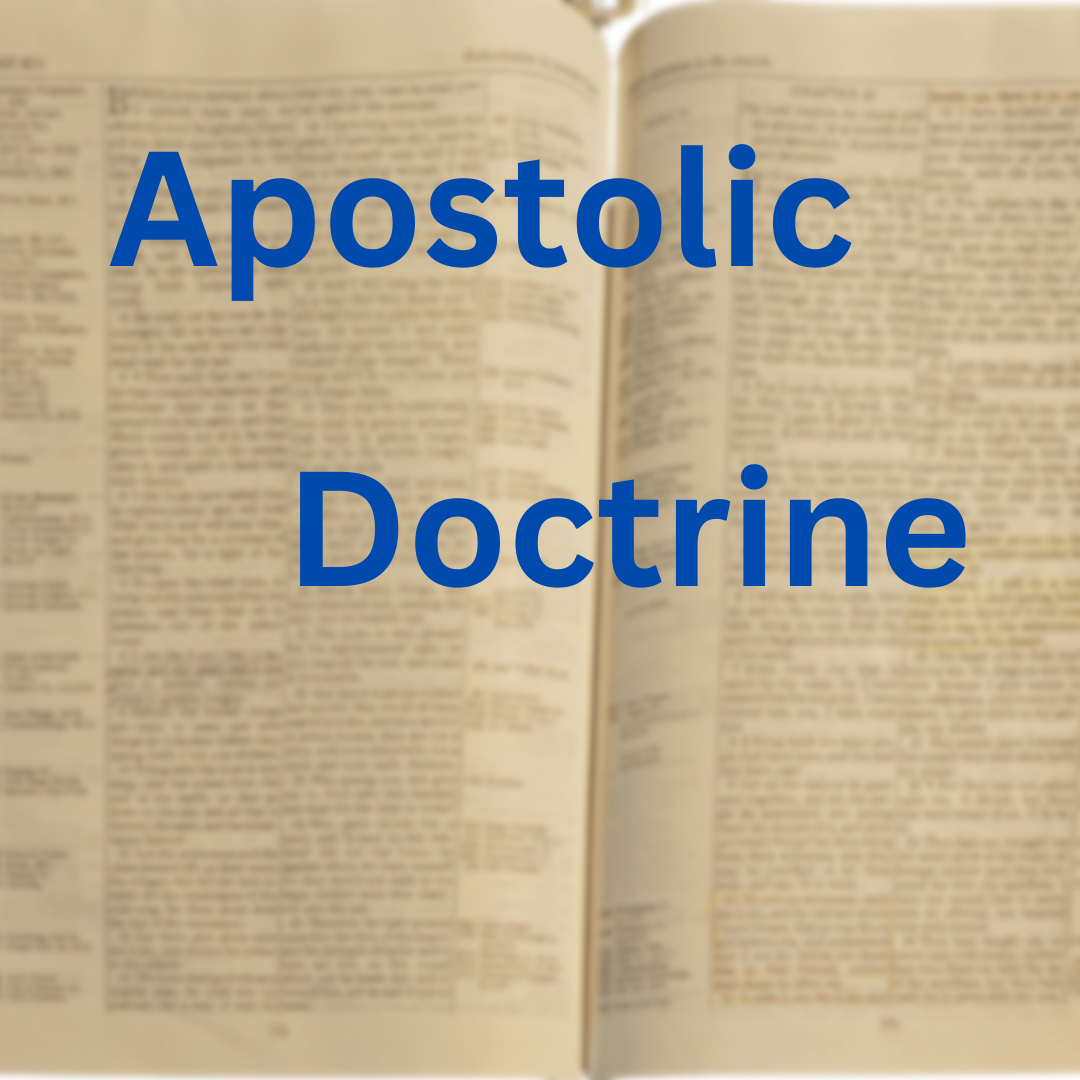Physical Address
304 North Cardinal St.
Dorchester Center, MA 02124
Physical Address
304 North Cardinal St.
Dorchester Center, MA 02124

Welcome to TVFUPC’s blog. In our blog posts we will explore apostolic doctrine and other related topics. Doctrine is generally a teaching or protocol. For instance, the military has doctrines for stratagem and tactics. Plumbers have their codes, as do electricians. In each case, those doctrines came about from history and hard lessons. The teachings of the first-century biblical writers came from divine revelation.
In His prayer in the garden before His betrayal, Jesus said,
Neither pray I for these alone, but for them also which shall believe on me through their word (John 17:20 KJV);
The Lord wanted us to believe on Him through the word of His disciples. Unfortunately, we cannot hear the preaching of John the Beloved, Paul, or Simon Peter, but they left us writings that are part of the canon of scripture. Their doctrines inform the followers of Christ what they should believe about Him and “the Way.”
As I said, this blog will delve into the teaching and traditions of the apostles, which inform our Pentecostal faith. Some may not agree, and that is perfectly acceptable. We need a healthy dialog. Part of fellowship is discussing and respecting even when we do not always agree. We achieve victory when we come to a deeper faith in Jesus Christ.
Beloved, when I gave all diligence to write unto you of the common salvation, it was needful for me to write unto you, and exhort you that ye should earnestly contend for the faith which was once delivered unto the saints (Jude 1:3 KJV).
The Epistle of Jude is probably the newest of all the biblical writings we have (Perry, 2011, pp. 513-516), though there is debate whether 2nd Peter or Jude were written later. Many scholars do not believe the epistle appeared until the second century. [In my opinion, it was written before the destruction of Jerusalem in 70 AD by the Romans.] In any case, the writer makes two points important to the idea of Apostolic Doctrine in the context of a Pentecostal or other Apostolic church.
To me, what this means is we do not need to go any farther than the Holy Bible for our “instruction in righteousness.” I am not opposed to using other material, so long as it does not contradict the scriptures. There are many “mainline,” “orthodox” teachings for which I cannot find good scriptural support.
For this post, we will not get into any other topics, but in the future we will discuss things like belief, repentance, baptism, the Holy Ghost (Spirit), Holiness, and more.
Wherefore, my beloved, as ye have always obeyed, not as in my presence only, but now much more in my absence, work out your own salvation with fear and trembling (Philippians 2:12 KJV).
Perry, Peter S. (2011). “Jude”. The Oxford Encyclopedia of the Books of the Bible. New York: Oxford University Press. pp. 513–516.